Fundamental conversations, on freedom and self-determination, greatly influenced Anthony Burgess’ choice of immoral characterization and dramatic plot development in his 1962 dystopian novel A Clockwork Orange, dealing with what it means to be able to make choices in a restrictive society and dabbling in themes of freedom and bondage.
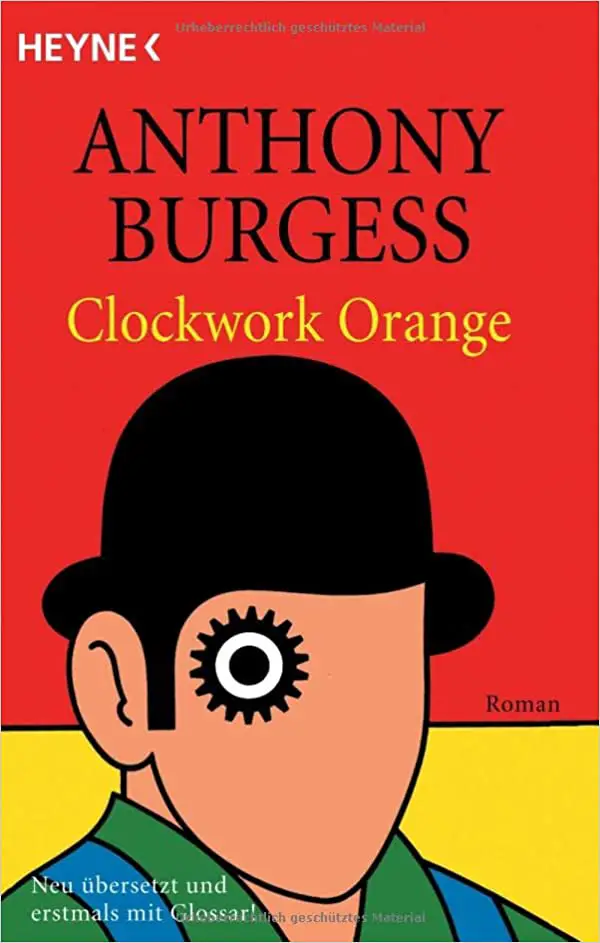
A Clockwork Orange and Totalitarian Governments
Modern-day democracies across the globe continue to thrive as world powers as a result of the choices made by its citizens. However, when governments suppress the voice of the people, as seen in A Clockwork Orange’s totalitarian government, growth is stunted and the government remains static. Similarly, philosophers have debated whether individuals have free will and the extent to which this self-sufficiency extends. Alvin Plantinga, an analytic professor at the University of Notre Dame describes the ability to choose as, “Now, God can create free creatures, but he can’t cause or determine them to do only what is right. For if he does so, then they aren’t significantly free after all; they do not do what is right freely.” (Plantinga). Plantinga’s attention towards the ability to make choices rather than rely on foreordained outcomes reveals the very hypocrisy Burgess aims to reveal through his novel, a hypocrisy centered on the notion that good can’t live without the choice to do otherwise. Alex, who is the antihero of the novel, questions the government which strives to dictate him, wondering, “ What does God want? Does God want goodness or the choice of goodness? Is a man who chooses the bad perhaps in some way better than a man who has the good imposed upon him?” (Burgess). Alex’s internal line of questioning and later entrapment by the restrictive government reveals the evident truth of decision making. Without choice, then there is no moral guideline to follow and, essentially, no discernment from right and wrong. To state that the ability to make a choice through self-autonomy is an act of hypocrisy in and of itself as the individual making such a claim would be referring to their own volition. For example, Jans Jonas, a German philosopher reveals an anecdote about a group of physiologists such as Ernst Brucke and Emil du Bois-Reymond who promised early in their careers, “Brucke and I pledged a solemn oath to put into effect this truth: ‘that no other forces are at work in the organism except chemical-physical ones’” (Jones). Contrary to their statement, their eventual rise to fame is an indicator of the impact personal actions have on an individual. As Seifert, an Austrian philosopher explains,

“For they did not bind themselves, and could not have bound themselves, to leave to the molecules of their brains their respective course of action, because the course of molecular events in their brains, according to their own opinion, was wholly determined since the beginning of the world, nor did they bind themselves by means of their promise to allow these molecules to determine all their speaking and thinking in the future“ (Seifert).
Clockwork Orange, Seifert, and Anthony Burgess
Seifert claims that although these physicians had depended on chemistry and biology to direct the course of their lives, it was their own choices based on cognition that led to their fame and recognition. Claims made by determinists can often be countered by focusing on the fallacy of their own argument; they chose to make such claims through their own self-autonomy.
In the novel, Anthony Burgess examines the effects of suppressing adolescent delinquency by restricting free will, analyzing the unnatural effects Alex feels by being stripped of his own identity through aversion techniques. Doing so, Burgess handles a question that scientists and psychologists have drawn inconclusive results about: free will in humans. Despite being fiction, A Clockwork Orange calls attention to the necessity of choice, even in the face of evil, for progress and development.
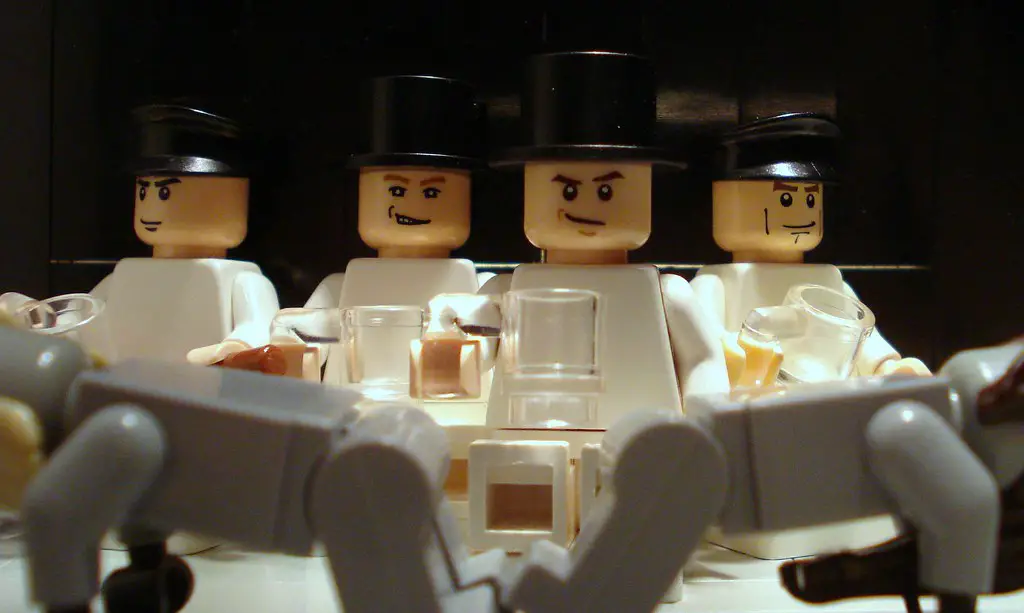
Works Cited
Burgess, Anthony. A Clockwork Orange: 2004. Arrow Books, 1990. Accessed 28 Feb. 2020.
Burgess, Anthony. The Kubrick Site: Anthony Burgess, http://www.visual-memory.co.uk/amk/doc/burgess.html. Accessed 1 Mar. 2020.
Jones, Ernest. “The Life and Work of Sigmund Freud.” Google Books, Google, http://www.google.com/books/edition/The_Life_and_Work_of_Sigmund_Freud/9UKoDwAAQBAJ?hl=en&gbpv=1&printsec=frontcover. Accessed 19 Feb. 2020.
Plantinga, Alvin. “God, Freedom, and Evil.” Google Books, Google, http://www.google.com/books/edition/God_Freedom_and_Evil/8i1Sow6q6KYC?hl=en&gbpv=1&printsec=frontcover. Accessed 22 Feb. 2020.
Seifert, Josef. “In Defense of Free Will: A Critique of Benjamin Libet.” The Review of Metaphysics, vol. 65, no. 2, 2011, p. 377+. Gale Academic OneFile, https://link.gale.com/apps/doc/A274954946/AONE?u=nysl_li_halfhol&sid=AONE&xid=74 8b519e. Accessed 20 Feb. 2020.
Click and check out these popular articles for more information: 🙂
Circulatory System: Blood Flow Pathway Through the Heart
Ectoderm vs Endoderm vs Mesoderm
Circulatory System: Heart Structures and Functions
Ductus Arteriosus Vs Ductus Venosus Vs Foramen Ovale: Fetal Heart Circulation
Cardiac Arrhythmias: Definition, Types, Symptoms, and Prevention
Upper Vs Lower Respiratory System: Upper vs Lower Respiratory Tract Infections
Seven General Functions of the Respiratory System
Digestive System Anatomy: Diagram, Organs, Structures, and Functions
Kidney Embryology & Development: Easy Lesson
Psychology 101: Crowd Psychology and The Theory of Gustave Le Bon
Introduction to Evolution: Charles Darwin and Alfred Russel Wallace
Copyright © 2022 Moosmosis Organization: All Rights Reserved
All rights reserved. This essay first published on moosmosis.org or any portion thereof may not be reproduced or used in any manner whatsoever
without the express written permission of the publisher at moosmosis.org.

Please Like and Subscribe to our Email List at moosmosis.org, Facebook, Twitter, Youtube to support our open-access youth education initiatives! 🙂
Categories: book review, Creative Writing, education, History, humanities, Literature, philosophy, psychology, Social Studies




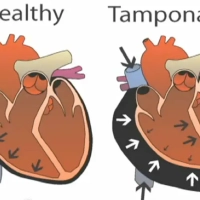

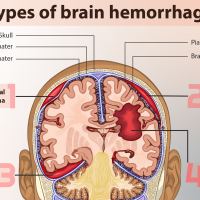


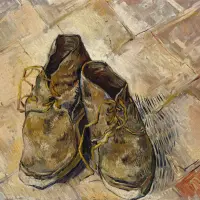


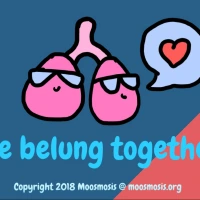

I dօ not even know how I ended up here, but I thought this post was ɡreat 😉 Cheeer!
LikeLiked by 1 person
Thank you, Honors! That’s very kind of you. Happy learning! 🙂
LikeLike